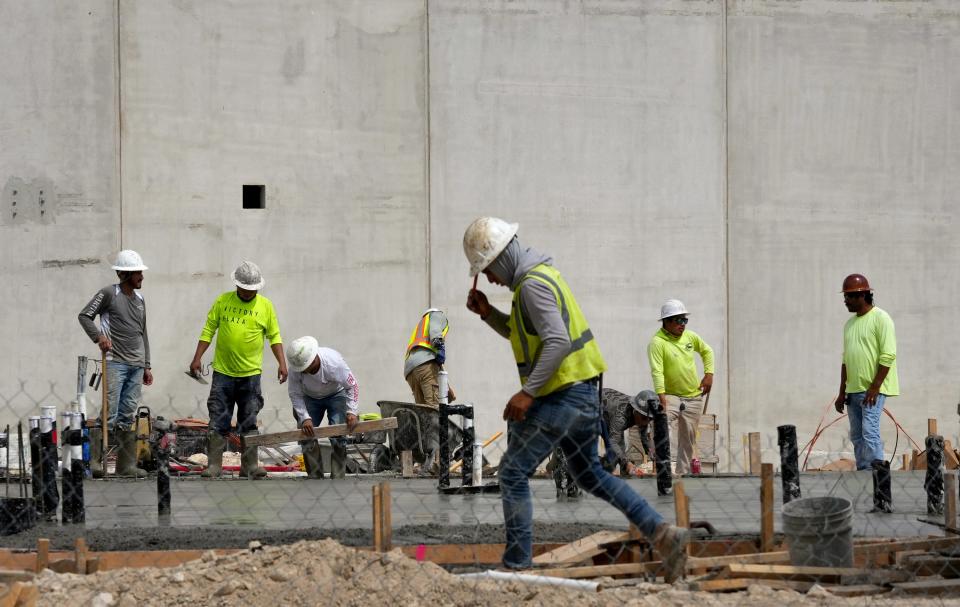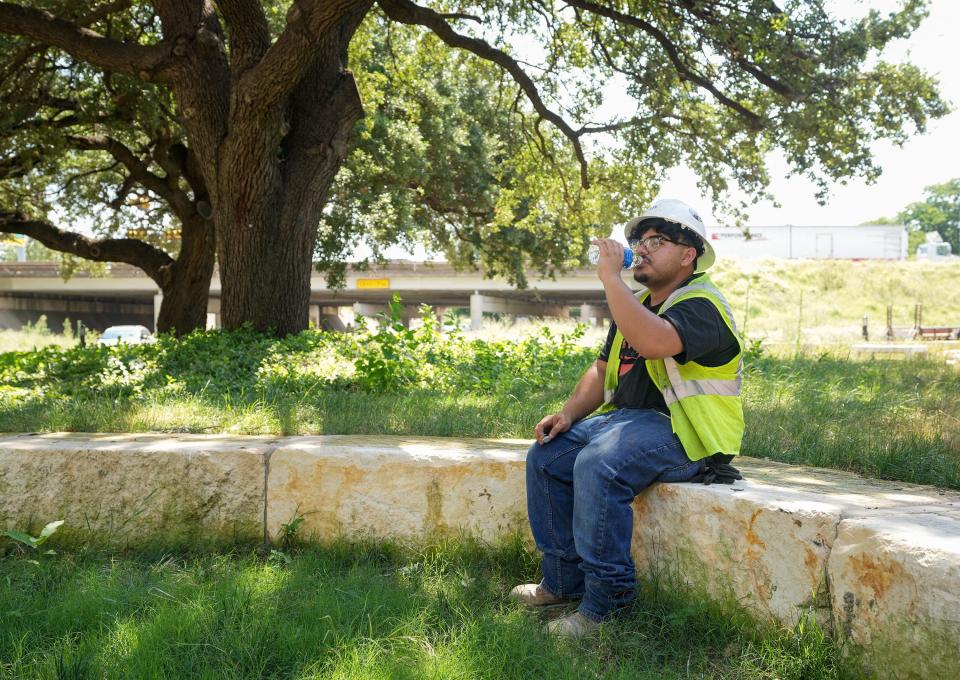Battle strategies: Austin isn't suing Texas over 'Death Star' bill; here's what's next
The city of Austin isn't planning to join the lawsuits filed against the state of Texas over the "Death Star" bill that makes many local ordinances, like mandated water breaks for workers and eviction protections for renters, unenforceable starting Sept. 1.
Rather than going on the offensive and suing the state like the city of Houston has, Austin city officials say they are preparing for the battle at home, while supporting other cities that have filed lawsuits.
"Our true participation in fighting this law is going to be in defending our ordinances," District 5 City Council Member Ryan Alter said. "And part of that defense will be that this law oversteps and that it is too big and too broad."
Austin is preparing to fight the legislation through impending lawsuits against the city, which Alter and other city officials expect to roll in once the bill goes into effect.
City attorneys assured council members that Austin stands ready to defend its policies, District 2 Council Member Vanessa Fuentes said.
"The way that HB 2127 was written was super vague and broad, and so there's numerous questions and doubts around the constitutionality of such a broad, sweeping preemption legislation," Fuentes said.
Alter said he thinks the main city ordinances that will be brought to court are labor protections.

"I think there are a lot of really great protections that we have put in place for our workers that, unfortunately, some people are going to come after and try to dismantle," Alter said.
Currently, in the state of Texas, cities have the authority to manage matters state law doesn't address. But House Bill 2127 restricts the power local governments have by making local ordinances that are found to be in violation, or are already addressed under state code, void and unenforceable.
In July, Houston was the first city to file a lawsuit against the state to have the bill declared unconstitutional, void and unenforceable. The city of San Antonio filed a lawsuit shortly thereafter.
"The city of Austin will play a supportive role to the lawsuits that our fellow city counterparts have filed," Fuentes said. "We will submit any supporting documentation and materials needed as part of those efforts."
Such supporting documentation could include an amicus brief, a legal document that can be used in a case to provide additional information, that, in addition to echoing the constitutionality concerns, would "provide us an opportunity to show what impact it has on Austin specifically that might not come up in other jurisdictions," Alter said.

According to one of the bill's sponsors, state Rep. Dustin Burrows, R-Lubbock, the legislation originated after the Austin City Council attempted to institute a paid sick leave ordinance in 2018.
The City Council discussed the bill during a closed meeting with legal counsel in July.
When asked if the city has plans to join the lawsuit in a recent KXAN interview, Austin Mayor Kirk Watson said, "No, not right now."
This article originally appeared on Austin American-Statesman: Austin isn't suing Texas over Death Star preemption bill. What's next?

